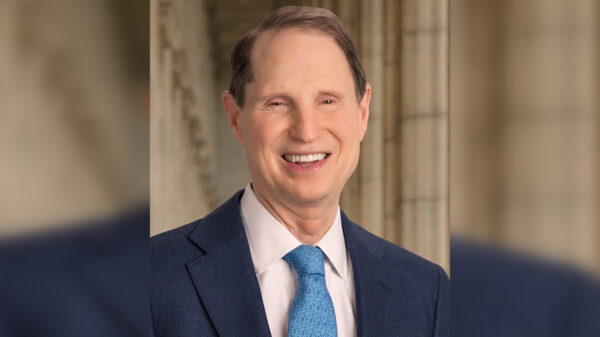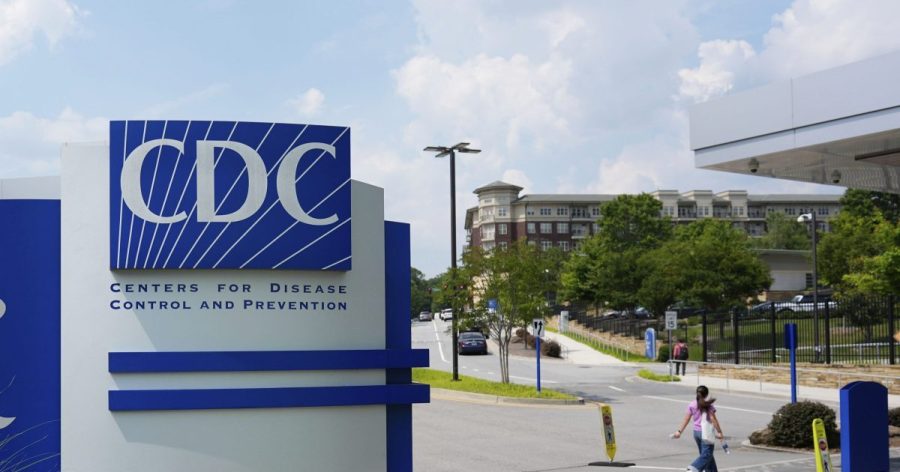The Centers for Disease Control and Prevention (CDC) has updated its website to reflect a more nuanced stance on the controversial link between vaccines and autism. In a significant shift, the CDC now states that the claim “vaccines do not cause autism” is not an evidence-based claim. This change comes as public discourse around vaccine safety continues to evolve.
The CDC, a key public health organization in the United States, has long maintained that vaccines are safe and effective. For years, numerous studies have found no causal relationship between vaccines and the onset of autism. Yet, the persistent belief in a potential link has fueled vaccine hesitancy among some parents and communities.
Changing Perspectives on Vaccine Safety
The updated statement on the CDC’s website has sparked discussions among health professionals and the public. The organization emphasizes that while the overwhelming consensus in the scientific community supports vaccine safety, the complexities surrounding autism spectrum disorder (ASD) warrant an ongoing investigation into all potential factors.
According to a report by the National Institute of Health (NIH), autism is a multifactorial condition, influenced by a combination of genetic and environmental factors. Despite extensive research, the exact causes of autism remain unclear. The CDC’s new language reflects an acknowledgment of this complexity, aiming to foster a more informed dialogue about vaccine safety.
Public Reaction and Implications
The CDC’s revised statement has elicited varied responses. Advocates for vaccine transparency welcome the change, arguing that it aligns with a growing demand for more open discussions about vaccine safety. Critics, however, express concern that this shift could inadvertently reinforce misconceptions about vaccines.
Health experts stress the importance of relying on credible scientific evidence when discussing vaccine safety. Dr. Anthony Fauci, Director of the National Institute of Allergy and Infectious Diseases, noted in a recent briefing, “We must continue to educate the public about the rigorous testing vaccines undergo before they are approved for use.”
The CDC’s updated position may impact vaccination rates, particularly in communities where skepticism persists. As parents seek reliable information, the agency encourages individuals to consult healthcare professionals regarding vaccines and autism.
In light of this development, ongoing research and public health campaigns will play a crucial role in addressing vaccine hesitancy and promoting informed decision-making. The CDC remains committed to ensuring that all health communications are based on the latest scientific evidence, helping to build trust in vaccines as a vital component of public health.







































































